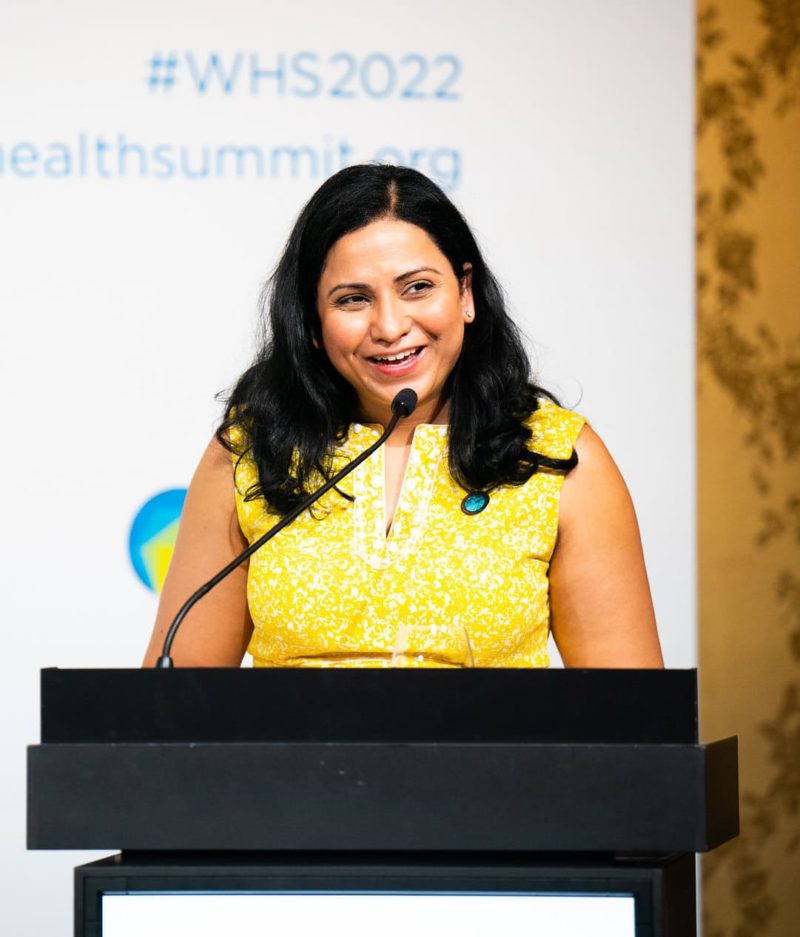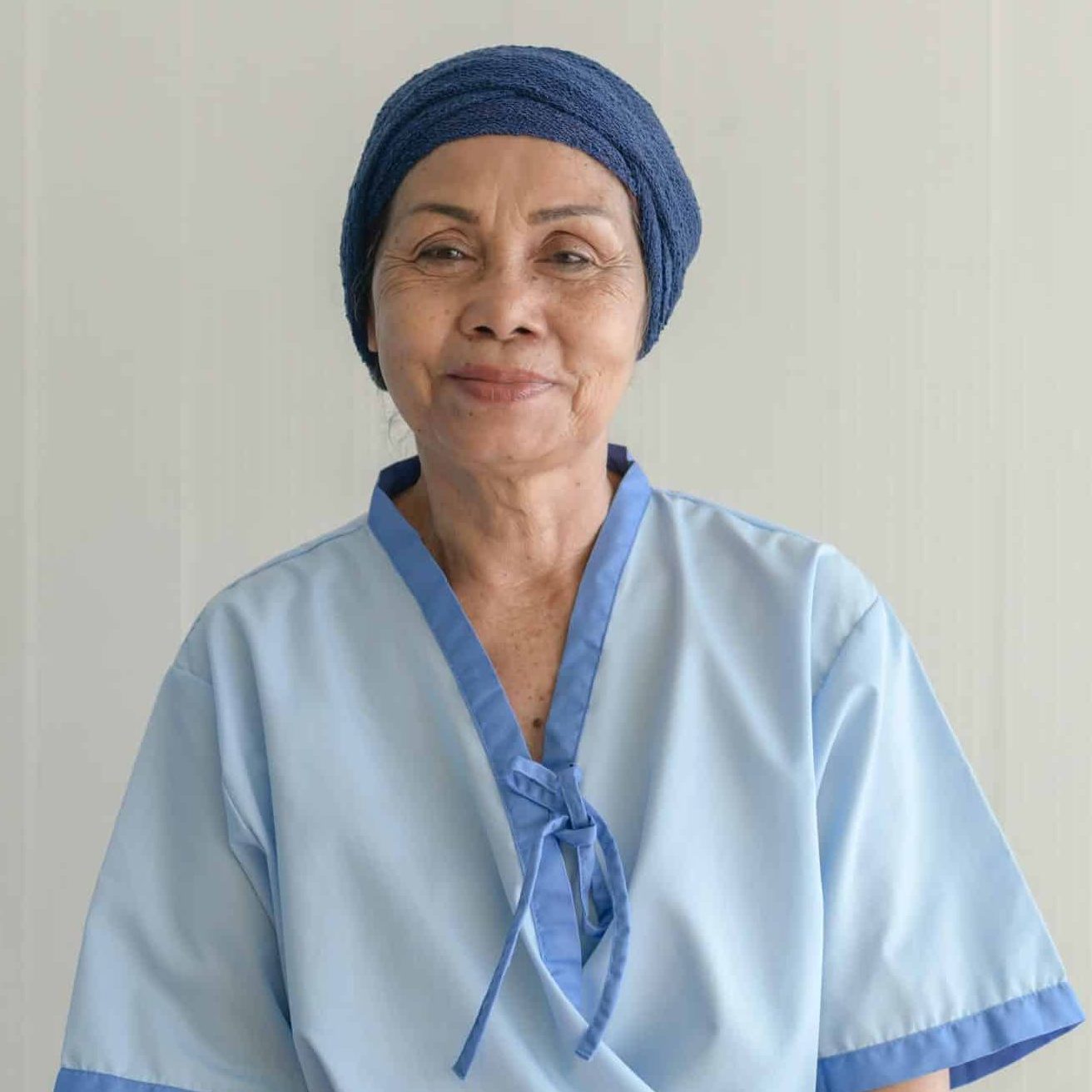Our Advocacy
Women in Global Health has four core advocacy priorities:
- Gender equal leadership in global health and going beyond gender parity to Gender Transformative Leadership
- Gender equity in the health and care workforce: including equal representation of women in leadership and decision-making; fair pay and an end to unpaid work in health systems; protection of women health workers from sexual exploitation, abuse and harassment; and protection from harm via effective PPE (personal protective equipment), vaccines and mental health support
- Gender-responsive health systems for Universal Health Coverage (UHC) and pandemic preparedness and response
- Building the WGH movement and alliances for women’s leadership and gender equality in global health


Our goal
Our goal is to remedy the inequities of leadership, pay, and working conditions as well as the impacts of policy and program decisions on women health workers. We call out unfair and unjust practices and positions and connect and support women and their allies as agents of change. We provide analysis, data and recommendations and raise the issues and give salient arguments and solutions in appropriate decision-making spaces.
We collaborate, communicate and mobilize to convince decision makers to adopt gender transformative policies to revolutionize the systems, structures and norms that perpetuate gender inequality in health. This local-to-global movement is not just for the benefit of the health workforce but serves as one of the most far-reaching and cost-effective interventions to improve health systems generally.
Our impact
 Data and analysis released by Women in Global Health has been downloaded tens of thousands of times and covered extensively in mainstream media and shared on our distribution channels to illustrate and frame issues including unpaid and underpaid work by women in core health systems roles; unsafe working conditions and male-dominated leadership in global health governance, including the World Health Assembly, international organizations, committees, taskforces and decision-making bodies.
Data and analysis released by Women in Global Health has been downloaded tens of thousands of times and covered extensively in mainstream media and shared on our distribution channels to illustrate and frame issues including unpaid and underpaid work by women in core health systems roles; unsafe working conditions and male-dominated leadership in global health governance, including the World Health Assembly, international organizations, committees, taskforces and decision-making bodies.
Our campaign on prevention of sexual exploitation, abuse and harassment in the health sector has created an alliance of several hundred NGOs, convened global and regional town halls and launched a platform for sharing stories and collecting data on its scope and prevalence.
Our determined advocacy to put a 7th ask on gender for the UN General Assembly High-Level Meeting on Universal Health Coverage resulted in a new global Alliance for Gender Equality and UHC which we co-convene, and resulted in language changes to the outcome and the adoption by UHC 2030 of gender equality as a cross-cutting issue.
Our work with governments on a pandemic instrument is catalyzing a movement to include protections and equity for women health workers in the discussions. Our events at World Health Assembly, Commission for the Status of Women, the World Health Summit and many other dialogues attract ministers, heads of state, leaders of organizations and health workers as speakers.
